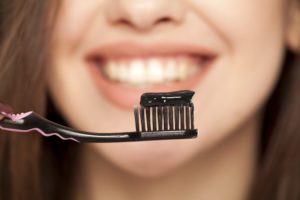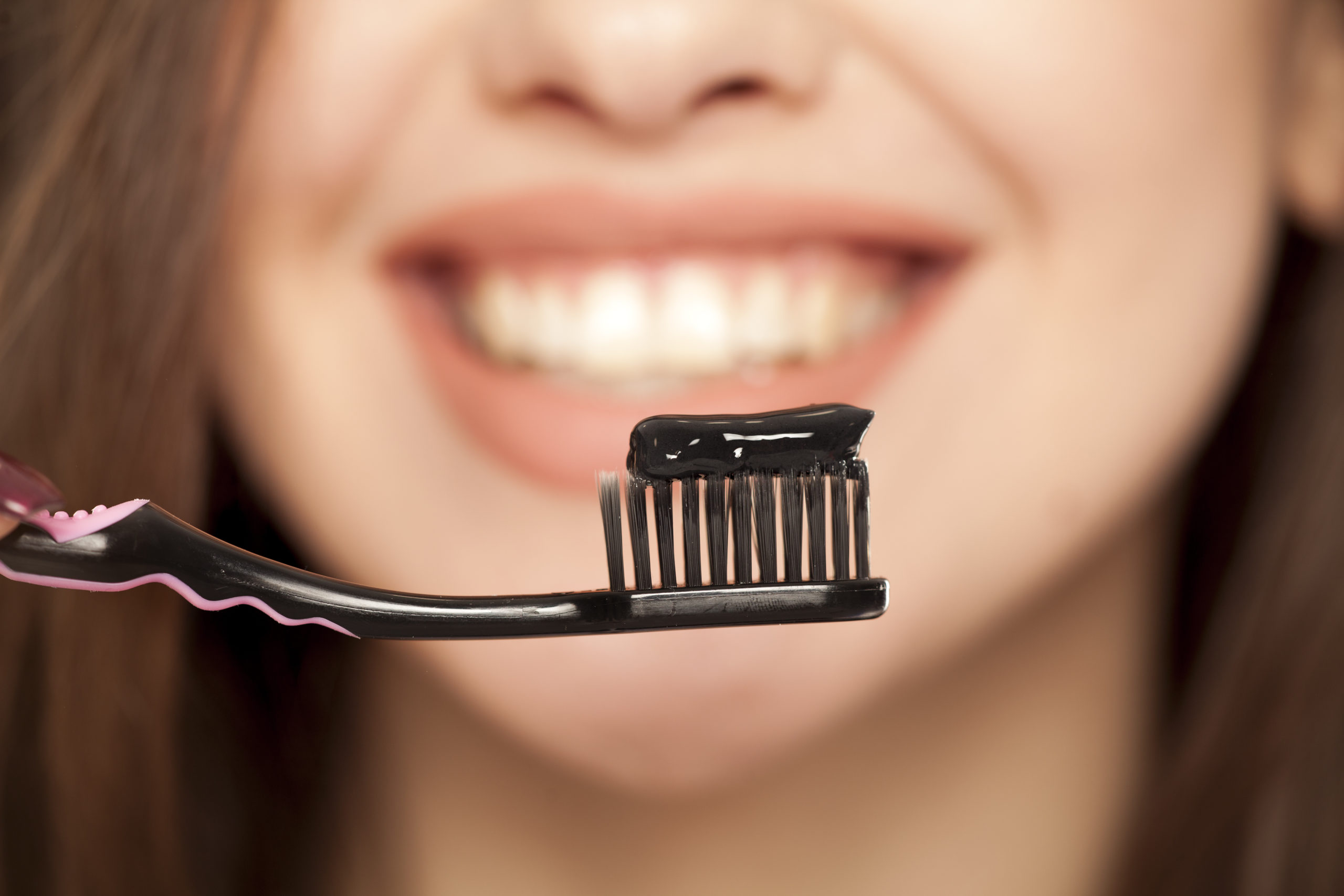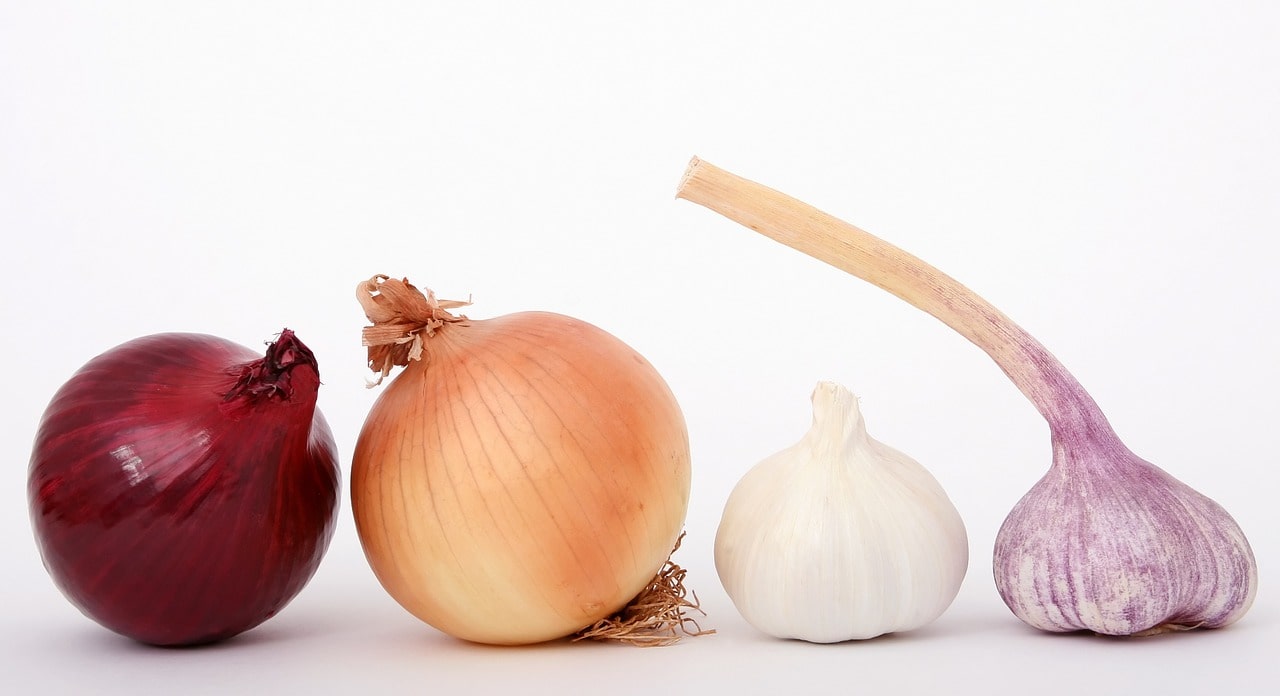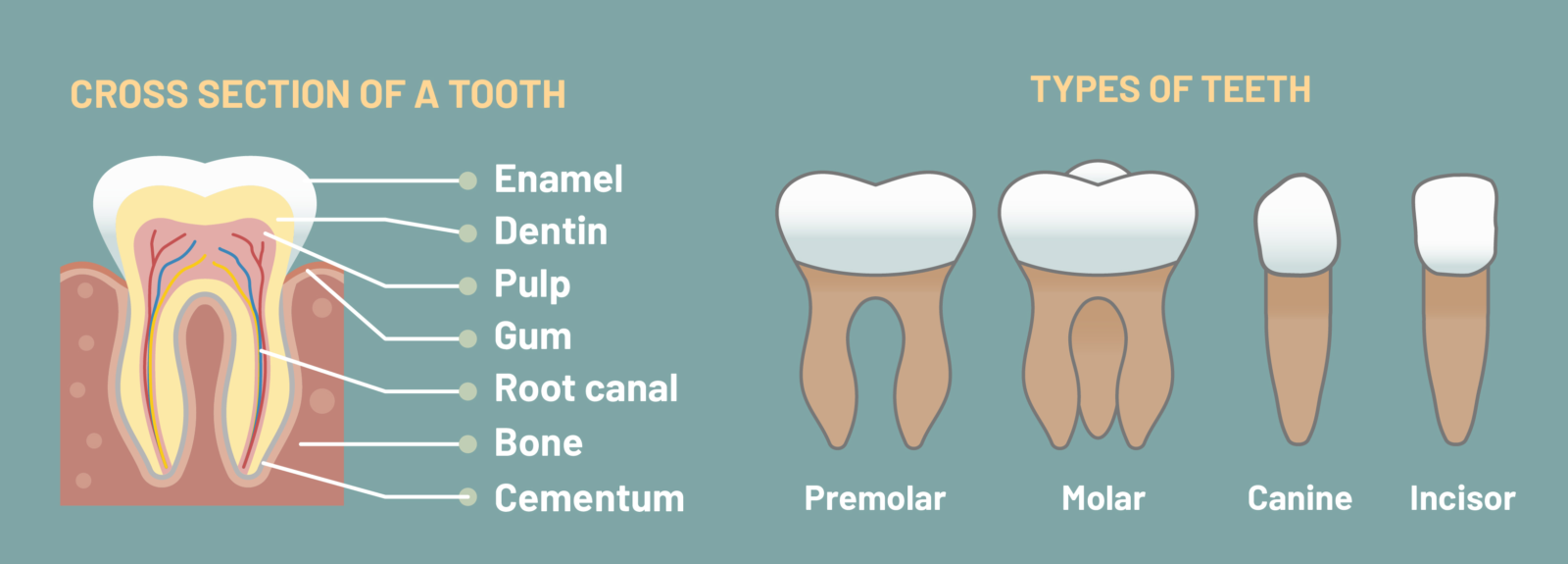
Everyone needs to use toothpaste to help clean their teeth effectively and maintain good oral hygiene. The purpose of brushing your teeth is to remove as much plaque and food debris as possible. Dental plaque is a sticky biofilm that builds up over tooth surfaces, mixing with starchy and sugary foods between regular brushing and flossing.
Plaque contains bacteria that can harm your teeth and gums if not properly removed. Also, dental plaque soon hardens into tartar or calculus, a substance that can only be removed during a professional dental cleaning. The longer plaque and tartar remain on your teeth, the more harm they can cause to your dental health as the bacteria within them produce acids that can weaken tooth enamel and cause gum disease.
A good toothpaste will contain active ingredients to help remove dental plaque and leftover particles of food, protecting your oral health. However, if you have explored all the options available for toothpaste recently, you will discover a massive and somewhat confusing choice. While numerous brands are familiar to most people, there are also new options reflecting the latest toothpaste trends.
What Are the Different Toothpaste Trends?
Over the past few years, there have been several kinds of toothpaste that have become increasingly popular. These include; charcoal toothpastes, natural fluoride-free toothpaste, toothpaste tablets and oil pulling. Here are their strengths and weaknesses:
Charcoal Toothpaste Strengths
Charcoal toothpaste originally gained popularity as a tooth whitening option. It contains activated charcoal that can help to remove some surfaces stains from teeth. The charcoal is negatively charged, attracting positive molecules such as those found in plaque and surface tooth stains. There is some evidence that charcoal also helps increase pH levels in the mouth, which can help to remove more acidic elements and temporarily freshen breath. It might seem as if charcoal toothpaste is a great option for cleaning your teeth, but please don’t be fooled as it can significantly damage teeth and especially when used regularly.
Charcoal Toothpaste Weaknesses
Charcoal toothpaste is much more abrasive than ordinary toothpaste and can soon wear down tooth enamel. Once tooth enamel is gone, it will never grow back, leaving your teeth at risk of cavities. Also, activated charcoal toothpaste contains far less fluoride than a dentist-recommended toothpaste. Fluoride helps to protect your teeth by hardening tooth enamel and reducing the risk of cavities. If you are looking to whiten your teeth, charcoal toothpaste might have little effect, and you could harm your smile permanently.
Natural Toothpaste Strengths
Some people might prefer the thought of using natural toothpaste, and especially those that do not contain sodium lauryl sulphate. This is an agent that causes toothpaste to foam. Other kinds of natural toothpaste are free from colouring.
Natural Toothpaste Weaknesses
However, some makes of these natural toothpastes will also be fluoride-free and may not protect teeth against decay adequately. The amount of fluoride in toothpaste is small and very safe, even if accidentally ingested, and topically applied fluoride does a great job of helping to protect your pearly whites. If you want to use natural toothpaste, check the ingredients carefully, as some can contain flavourings sweetened with sugar.
Toothpaste Tablets Strengths
Toothpaste tablets are one of the latest trends and are especially appealing to eco-conscious people interested in sustainability. Instead of squeezing toothpaste from a tube, people chew a small bite-sized tablet into a paste before brushing their teeth. The tablets are free from preservatives, come in fluoride and fluoride-free formulas, and are easy to store. They could be a good option for anyone who needs to travel frequently and can even be used without water.
Toothpaste Tablets Weaknesses
But anyone who has xerostomia or dry mouth may find them difficult to use, and you need a good flow of saliva to chew the tablets into a paste. As yet, these tablets are not widely available and haven’t been subjected to any significant clinical trials for efficacy.
Oil Pulling Strengths
This trend is not new and dates back several thousand years. It involves swishing a tablespoon of oil around your mouth for about 20 minutes before spitting it out. The oil used is typically sunflower, sesame or coconut oil. It does seem to have some positive benefits, as harmful microorganisms in the mouth are usually just a single cell with a fatty membrane. When these cells contact oil, they naturally stick to it and are removed when you spit out the oil. Also, coconut oil can have some added benefits because it contains lauric acid, which has antimicrobial properties.
Oil Pulling Weaknesses
However, it can be hard to swish oil around for 20 minutes, and afterwards, you need to dispose of the oil properly, and it shouldn’t go down the bathroom sink. Oil pulling is not a replacement for brushing and flossing your teeth normally, but it can be good as a supplemental treatment.
Buy Traditional Toothpaste For The Purpose You Need!
Tartar Buildup
There is an excellent range of toothpaste on the market, and your choice can depend on which problems you are trying to solve. For example, if you are worried about tartar buildup, you can buy toothpaste designed to control tartar. The toothpaste contains chemical compounds that help control harmful bacteria that cause plaque and tartar. In addition, some may contain an antibiotic called triclosan that can help kill bacteria.
Sensitive Teeth
Another type of toothpaste available is suitable for sensitive teeth, where teeth feel painful whenever you eat or drink anything hot, cold or sweet or sour. Tooth sensitivity can occur when tooth enamel is worn or damaged in some way, allowing unpleasant sensations to reach the tooth nerve. These kinds of toothpaste tend to contain compounds that gradually build up, blocking the pathways to the tooth nerve and preventing sensitivity. They typically need to be used for several weeks to feel the full benefits.
Teeth Whitening
Some toothpaste can help to whiten teeth and is suitable for everyday use. These kinds of toothpaste typically don’t contain any bleach but instead rely on chemicals or mild abrasive particles to gently polish teeth, removing some surface stains. If you want to use toothpaste for tooth whitening, make sure it isn’t too abrasive for your teeth. Most commercial teeth whitening toothpaste need to be used consistently over time to see results. For optimal and longer lasting results, learn more about professional teeth whitening provided by your dentist.
What Toothpastes Do Dentists Recommend?
If you are looking for a good brand of toothpaste, please talk to us here at Tandara Dental Centre. We can advise you on suitable toothpaste for your needs, and if you have more complex oral health problems, you may benefit from dentist prescribed toothpaste. Generally, dentist recommended toothpaste will contain fluoride and have the seal of approval from the Australian Dental Association. These toothpaste brands have been specifically tested to ensure they are safe to use and will work properly. The products are retested every three years to make sure they are still working as expected. Toothpaste that has received the seal of approval from the Association includes brands suitable for whitening teeth and tooth sensitivity and toothpaste suitable for children.










